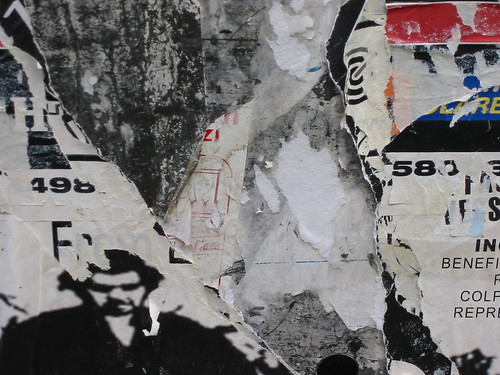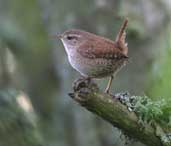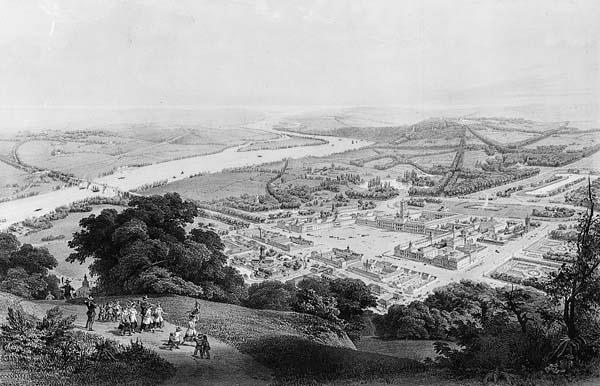
Defunct
Rue Hazard (August 24, 2005-February 27, 2006) replaced Hotel Point (October 2, 2003-August 11, 2005).
Rue Hazard (August 24, 2005-February 27, 2006) got its due comeuppance, replaced by Isola di Rifiuti (May 8, 2006 and continuing).
Junk’d. John Latta is the author of Breeze (University of Notre Dame Press, 2003) and Rubbing Torsos (Ithaca House, 1979). E-mail: lattaj@umich.edu

 Dexter Gordon birthday.
Dexter Gordon birthday.  Dexter, King of the Turf.
Dexter, King of the Turf.
The rose that blooms in ParadiseOr, all sundry goes one’s pulse, Pallidula, rigida, nudula, as the Pound didn’t say.
Burns with an ecstasy too sweet
For mortal eyes
But sometimes down the jasper walls
A petal falls
Toward earth and night
To lose it is to lose delight beyond compare
To have it is to have despair


“All literature is about revenge.”And, on music:
“Ik heb een paar grammofoonplaten met primitieve regionale muziek, waaronder een verbazende opname van een boer en twee kinderen die brullen als bij een voetbalwedstrijd.”Too, in quotables assembled under “Sheaves form Sagaland”:
(Roughly: “I have a couple of recordings of a primitive regional music, including an astonishing number of a farmer and two children who roar as if at a football game.”)
“I heard a voice in the farm singing an Icelandic song. At a distance it resembled the humming of bees.” –Pfeiffer.



(T. troglodytes being the common winter wren: “a loud and melodious singer . . . Its characteristic call is a single or double note sounding like large pebbles being knocked together . . . It is one of the smallest European birds at about nine centimeters . . . it appears even smaller by its habit of sticking its very short tail up in the air. It has a fairly long, thin bill, a buffy supercilium and dark bars on its wings and flanks. Its name means “cave dweller” and derives from its habit of building its nest in a crevice or hole in walls, trees or steep banks.”)Troglodytes troglodytes
cutty stumpit
wranny wrannock
scutty skiddy
cuddy
tintie
titmeg
cracket
chitty jitty
juggy
puggie
gilliver
stag
our lady’s hen






Let’s spit the two of us let’s spit
On what we loved
On what we loved the two of us
Yes because this poem the two of us
Is a waltz tune and I imagine
What is dark and incomparable passing between us
Like a dialogue of mirrors abandoned
In a baggage-claim somewhere say Foligno
Or Bourboule in the Auvergne
Certain names are charged with a distant thunder
Yes let’s spit the two of us on these immense landscapes
Where little rented cars cruise by
Yes because something must still
Some thing
Reconcile us yes let’s spit
The two of us it’s a waltz
A kind of convenient sob
Let’s spit let’s spit tiny automobiles
Let’s spit that’s an order
A waltz of mirrors
A dialogue in the void
Listen to these immense landscapes where the wind
Cries over what we loved
One of them is a horse leaning its elbow on the earth
The other a dead man shaking out linen the other
The trail of your footprints I remember a deserted village
On the shoulder of a scorched mountain
I remember your shoulder
I remember your elbow your linen your footprints
I remember a town where there was no horse
I remember your look which scorched
My deserted heart a dead Mazeppa whom a horse
Carries away like that day on the mountain
Drunkenness sped my run through the martyred oaks
Which bled prophetically while day
Light fell mute over the blue trucks
I remember so many things
So many evenings rooms walks rages
So many stops in worthless places
Where in spite of everything the spirit of mystery rose up
Like the cry of a blind child in a remote train depot
